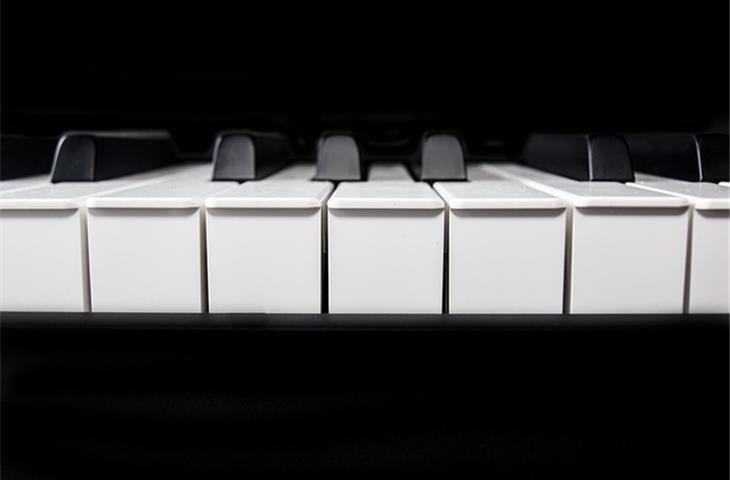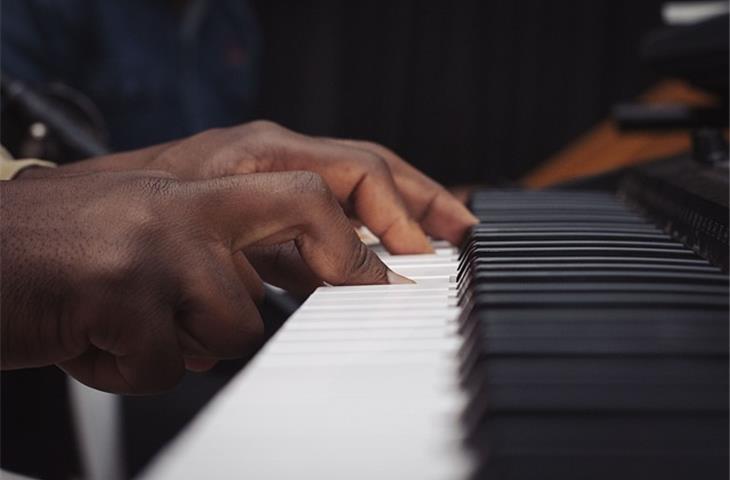Within the realm of classical music, the CM (Certificate of Merit) piano examination serves as a testament to one’s unwavering commitment and proficiency in piano performance. Crafted by The Royal Conservatory of Music, this certification provides a platform for learners to display their skills, comprehension, and creative finesse at varied proficiency levels. This discourse investigates the complexities involved in facilitating and excelling in the CM piano examination, providing guidance that can assist aspiring pianists in navigating this critical juncture with assurance.
Post-Examination Reflection
Performance Anxiety Management
Preparation for the Examination
Theoretical Comprehension
Musical Execution
Technical Proficiency
Grasping the CM Piano Examination
Grasping the CM Piano Examination

The CM piano examination transcends being merely a test of musical prowess; it encapsulates an opportunity for personal evolution and artistic articulation. It scrutinizes a candidate’s technical aptitude, musical execution, and theoretical comprehension, all fundamental facets of a comprehensive musician.
Technical Proficiency

Securing technical prowess in piano performance forms the bedrock of every musician. For the CM examination, emphasize honing agility, command, and accuracy through consistent practice. Prioritize scales, arpeggios, and études as they play a pivotal role in cultivating the requisite dexterity and endurance for complex compositions.
Musical Execution

Beyond pure technique, the CM piano examination evaluates one’s capacity to interpret music. This encompasses comprehending the composer’s intent, emotional subtleties, and stylistic attributes. Engaging a diverse repertoire spanning from classic to contemporary pieces aids in broadening one’s range of musical expressions.
Theoretical Comprehension
Rich understanding of music theory is indispensable for the CM piano examination. Concepts like harmony, counterpoint, and form form integral parts of the evaluation process. Consistent revisitation and application of these principles via practical exercises foster a profound comprehension and enhance your overall performance.
Preparation for the Examination
Formulating a systematic preparation strategy is paramount to success. Allot dedicated periods for technical practice, repertoire assimilation, and theory revision. Integrate regular mock examinations to simulate the authentic testing atmosphere, aiding in managing anxiety and refining performance methodologies.
Performance Anxiety Management
Performance apprehension is prevalent amongst musicians. Techniques such as mindfulness meditation, respiratory exercises, and visualization can prove immensely beneficial. Furthermore, rehearsals in front of peers or kin can offer constructive feedback and alleviate stage fright.
Post-Examination Reflection
Upon completion of the examination, allocate time for introspection. Evaluate your performance, pinpoint strengths and areas requiring enhancement, and establish objectives for subsequent practice. Constructive criticism from examiners can serve as a catalyst for personal growth.
The CM piano examination represents a significant milestone for pianists striving to augment their skills and enrich their understanding of music. By concentrating on technical proficiency, musical execution, theoretical comprehension, and effective preparation tactics, one can confidently traverse the hurdles of the examination and emerge as a more accomplished and expressive musician. Bear in mind, the journey towards excellence is equally significant as reaching the destination, thus value each stride en route.
Recent Comments